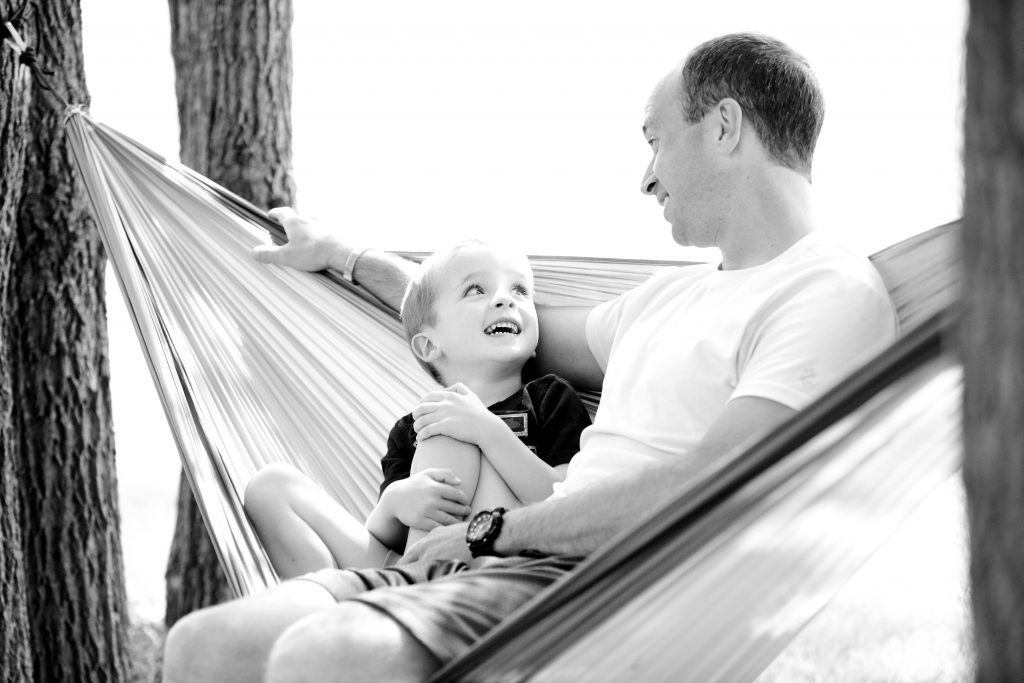 As anxious and unsure as adults are about what is happening in the world during the COVID-19 pandemic, our children need to be our focus. We, as parents, get to control the narrative of what is happening to ensure that our kids feel safe, supported, and heard.
As anxious and unsure as adults are about what is happening in the world during the COVID-19 pandemic, our children need to be our focus. We, as parents, get to control the narrative of what is happening to ensure that our kids feel safe, supported, and heard.
Here’s a guide for talking to your kids about Coronavirus broken down by age, but please make sure to use whatever information is developmentally appropriate for your own kid(s). The goal to make all children feel safe, validate their emotions about what is happening, and provide them with coping skills and calming strategies. Even if your kid seems unbothered, it is our job as parents to engage them in these conversations and to uncover those fears and anxieties so we can soothe them. Our kids need to believe that the grown-ups are doing their part to keep them safe.
Preschoolers & Kindergarteners
Provide safety (If a child doesn’t feel safe, they are unable to function properly. Safety and security is the number one priority!)
- “School is closed right now so we get to learn from home!”
- “We are staying home to avoid germs.” (Great time to show that viral pepper video and talk about handwashing!)
Validate (Children’s emotions are strong and they are real. Validation helps kids learn to feel and share their emotions, build a stronger sense of self and self-confidence, and grow a better connection with their parents/caregiver.)
- “I know it’s hard to be away from school and your friends.”
- “It’s okay to feel nervous or sad about this sometimes. Sometimes I feel that way too.”
Coping Skills (Ways to calm down to avoid an escalation, tantrum, or meltdown)
- “Let’s work on deep belly breathing.”
- “We can color or blow bubbles.”
- “You seem upset, would you like a drink of water or a snack?”
School-Age Children
Provide Safety
- “School is closed because there is a virus going around. It is not safe to be around big groups of people right now because that is how the virus spreads. We are safe at home.”
- “Your teachers and friends are okay. We can talk to your teachers on Zoom/Google Classroom/SeeSaw/whatever app. We can’t have playdates, but we can write letters, talk on Xbox/Playstation, and call or text.”
- “You can help keep yourself healthy by washing your hands, coughing in your elbow, and remembering to stay a few feet away from people outside of our family.”
Validate
- “This all may seem a little confusing or scary. Most people are feeling that way right now. How are you feeling?”
- “Do you have any questions?”
Coping Skills
Older children most likely already have a good tool-kit of coping skills but they may need to be reminded to use them. Here are some examples of coping skills
Self-soothing – laying with a favorite pillow or comfy blanket, listening to calming or happy music or a guided meditation.
Distraction – talking to friends, playing a video game, watching a movie, reading a book, making art.
Mindfulness – yoga, guided meditation, taking time to pay attention to how the body feels.
Opposite action – Talking with a parent instead of isolating in their bedroom; going for a walk instead of playing another round of Fortnite.
Teenagers
Provide Safety
- “Coronavirus is making it unsafe to be out in crowds and the recommendation from health officials is to stay home. Which means no going to the mall/park/wherever with all your friends.”
Validate
- “I know it’s hard to be home all day, we are all struggling a little.”
- “Grandpa/grandma/aunt/whoever is okay right now but we are taking these measures to keep them safe. You can FaceTime them anytime you want.”
- “You worked hard on graduating/that performance, and it’s okay to be upset about it being canceled.”
Coping Skills
Like school-age children, teens most likely already have a good tool-kit of coping skills but they may need to be reminded to use them (some of these are the same):
Self-soothing – wrapping up in a comfy blanket, lighting a scented candle, taking a shower, having a cup of tea.
Distraction – talking to friends, playing a video game, watching a movie, reading a book, making art.
Mindfulness – yoga, guided meditation, taking time to pay attention to how the body feels.
Opposite action – Talking with a parent instead of isolating in their bedroom; going for a walk instead of playing another round of Fortnite. Playing with siblings instead of yelling at them.
Emotional Awareness – drawing or writing about emotions, journaling about the day. Blogging about their experience.
Maybe these scripts and skills will be helpful, but every child and family is different. Provide appropriate information as it is necessary, answer questions, and keep the lines of communication open. Start conversations, never assume, and always validate. Children who feel supported, safe, and able to express themselves during this pandemic will have the best shot of getting out of this whole thing without having to remember it is a traumatic experience.












